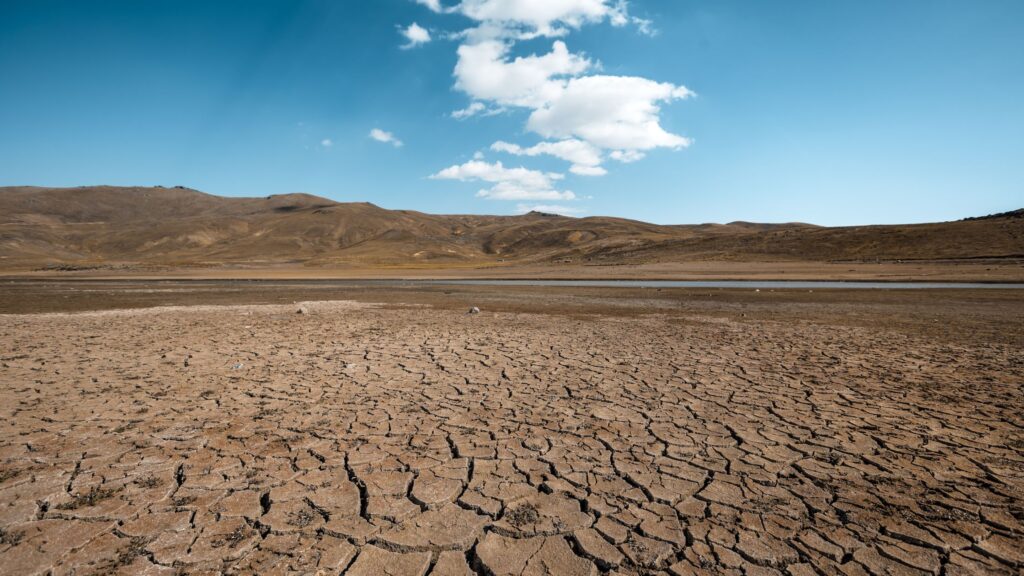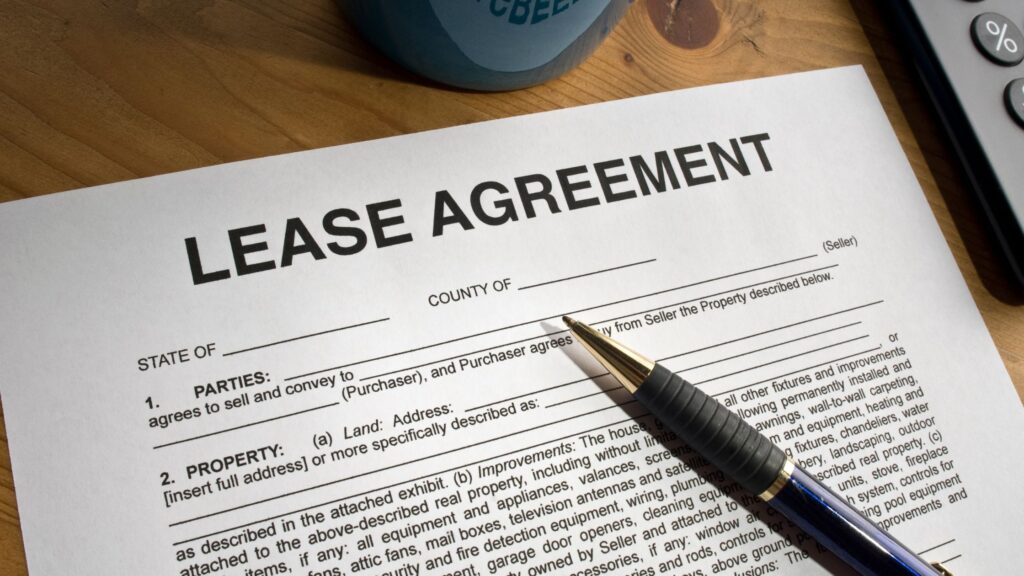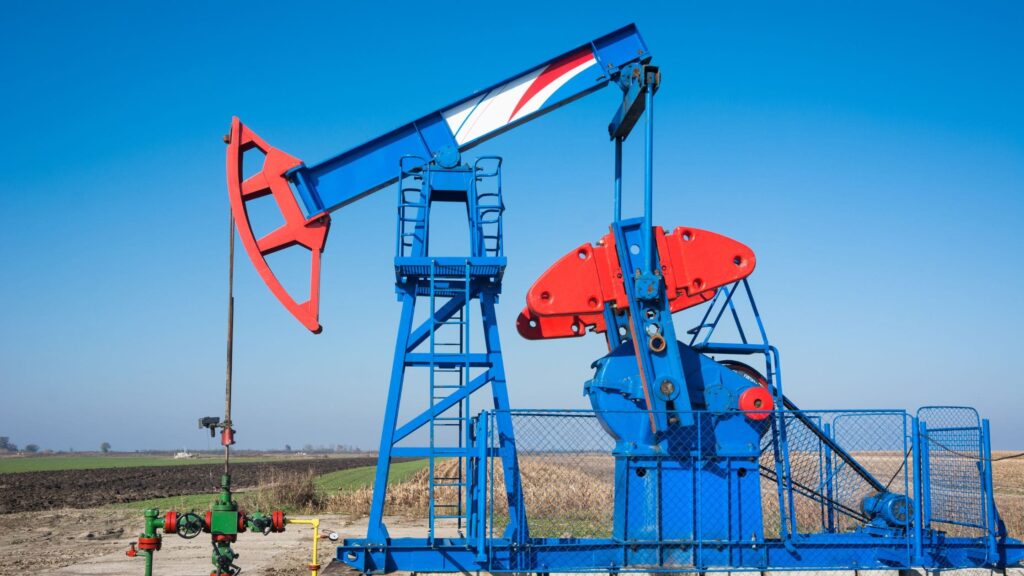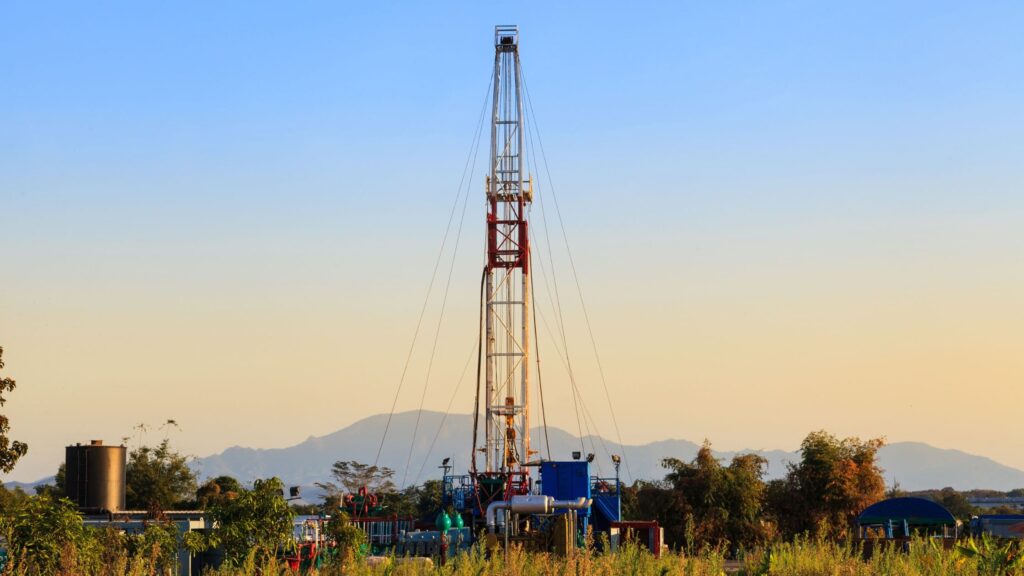It is hard to dispute that this is one of the greatest American dreams: finding oil on your property. After all, proven oil reserves can earn you lots of money. However, it would be wise to slow down and consider all the details.
Have you really become rich? The ecstasy behind such a discovery is understandable since it is similar to winning the lottery.
However, even as the legal property owner, it may not be a guarantee that you will earn money from your own personal oil field. Finding oil on the property you own does not imply that you can automatically extract it.
The rights to oil or natural gas resources beneath the surface are not the same as the property rights. For example, the rights to access natural gas, oil, or other valuable minerals beneath the surface of your land may have been sold to another person previously, and you purchased only the property. The mineral rights grant a party the legal right to explore and exploit such mineral resources.
You cannot extract any minerals underneath your property without holding the mineral rights.
On the other hand, holding the mineral rights allows you to negotiate with an oil company to extract and sell the oil. In this case, you must understand the present and future value of any mineral rights you hold.
If you find oil on your land, is it yours?
As stated earlier, if you find oil on land you own, it does not necessarily mean you can legally dig an oil well. After you find oil, you must determine if you are the legal owner of the mineral rights or not. Only then can you know if the oil on the land is yours or not.
Traditionally, mineral rights and surface rights were tied to the land, and the original landowner owned both.
However, it is possible for both rights to have been severed. The legal owner may have decided to sell the mineral rights to one person and the property rights to another.
By the time you purchase the land, the rights to access mineral resources might have already been sold to someone else.
However, you can ascertain whether you have mineral rights if you find oil. Simply go through your deed of ownership. You can also do a mineral rights title search at the county’s records office.
The drilling of oil wells and the extraction of oil are capital-intensive activities. As a result, consider all possible scenarios before deciding to act. This includes the quality of the oil on the land and the size of the deposits.
This background information can help you make informed decisions. What possible scenarios can arise when you discover oil on your property? The following section will explain more.
What happens if you find oil on your property?
When you find oil, there is potential to make lots of money from it. However, before negotiating with energy companies or thinking about drilling an oil well, find out if you have the legal right to carry out oil exploration and exploit the crude oil beneath the surface. Hiring an attorney will help you get relevant legal advice.
What are the signs that you have oil on your land?
There are a few different signs that can indicate the presence of oil in the soil, including:
- Discolored or oily-looking patches on the surface of the soil
- A strong smell of petroleum or gasoline
- Sediment or residue on rocks or plants that appears to be oil
Besides these, expert engineers can use sound waves to test for a displaced underground center of gravity, a sign of oil on a parcel of land.
If you think you have found oil and have the mineral rights to access the oil beneath the earth’s surface, there are several options to profit from it.
Oil & Gas Lease Agreement
If you hold the oil rights to the resources on your property, oil and gas companies may be interested in making an offer to enter into an oil and gas lease agreement to develop the area. Alternatively, you could approach oil and gas companies and offer them a lease.
Signing an oil and gas lease agreement ensures you retain ownership of the rights to the oil.
Through a lease, oil companies can conduct initial exploration activities and extract oil from your land in return for compensation. This is considerably cheaper than drilling your own wells. At the end of the lease period, you can decide to renew the lease or negotiate with other companies to exploit any oil left.
An oil and gas lease is often divided into two terms: the primary term and the secondary term. The primary term is the initial period when the lessee must drill a well or develop the land. If these actions are not taken by the oil company, then they may forfeit their right to develop the property. Then, you can lease the property to a new lessee.
Once drilling commences and the well starts to produce oil or gas, the lease moves into the secondary term, the extraction of the oil and gas. During this period, as the mineral owner, you will be paid a royalty – often a percentage – on the amount of oil and gas produced by the well.
For example, an oil and gas lease could pay a bonus of $10,000 per acre for five years for the primary term, which comes with a 20% royalty as soon as production begins.
The size of your royalty check and bonus payments hinge on the number of mineral acres and the size of the drilling unit on your property.
You must know how to calculate the value of your mineral rights to negotiate a fair value with any lessee. Other terms and conditions may be present in the lease, which affect your royalty payments or the rights under the lease. You might need to hire the services of an attorney that specializes in this field to answer any related questions, especially if it is your first time leasing minerals.
Your attorney can explain all the lease terms and how they affect your payment. By doing this, you can prevent lots of frustration down the road.
Putting up all or a part of your minerals for sale
Selling your mineral rights is another option you can consider. You could sell a part or all of your mineral rights to companies that purchase mineral rights from individuals.
However, you must do your due diligence on the company or entity before selling to ensure you know everything necessary regarding the transaction.
Search the internet and check reviews from other mineral owners that previously dealt with the company. You can also contact the company’s competitors as a source of information.
You must treat your mineral rights as a valuable property interest, as you would if you were selling your home. Research other competitors and contact them to find out if they might also be interested. You will have the advantage to negotiate a better sale if you have more prospective buyers.
Landowners in areas popular for developing minerals can often command premium prices for mineral rights.
Thorough research may help you get $100,000 for your mineral rights instead of your initial estimated valuation of $10,000.
Sell a portion of your mineral rights
You do not need to sell all of your mineral rights. You may choose to sell only a fraction of them. For example, selling half your interest in a piece of land while retaining the other half means you keep the rights to lease your half and the right to its related royalties and bonuses.
Engage in the development of minerals in the form of a working interest
If you wish not to sell or lease your mineral rights, you could choose to have a working interest in developing the oil well.
Having an oil and gas working interest requires you to share in the costs of drilling and developing the oil reserves. However, you are also entitled to a portion of the profit, depending on the size of your mineral ownership.
For example, a mineral acreage of 30% of a drilling unit translates to 30% of the drilling costs and 30% of the profits from the well.
In this case, you participate in the development of the oil, in a similar position as the oil and gas company. As a result, you may have to pay taxes and shoulder other responsibilities.
You should become familiar with the oil and gas industry before taking on the risks and responsibilities of holding a working interest. Reach out to a lawyer and other oil and gas advisers for advice and to make the process easier.
Conclusion
Even though the world is gradually moving toward green energy, the impact of oil on the global economy cannot be challenged. Indeed, oil accounts for about 3% of world GDP and is still an essential commodity. So you should be aware of what happens if you find oil in your backyard.
You must understand that simply owning land with property rights does not typically grant you access to the oil under most state laws. Why? Because mineral rights are different from property surface rights. And the two may be sold separately. Both rights can also be owned by an individual in a unified estate.
When you come across oil on a piece of land, research whether you own the rights to the minerals or not. If you own the mineral rights, you can either participate in developing the minerals, lease them, or sell them.
You should also hire the services of an attorney to help make the process smoother.









Leave a Reply